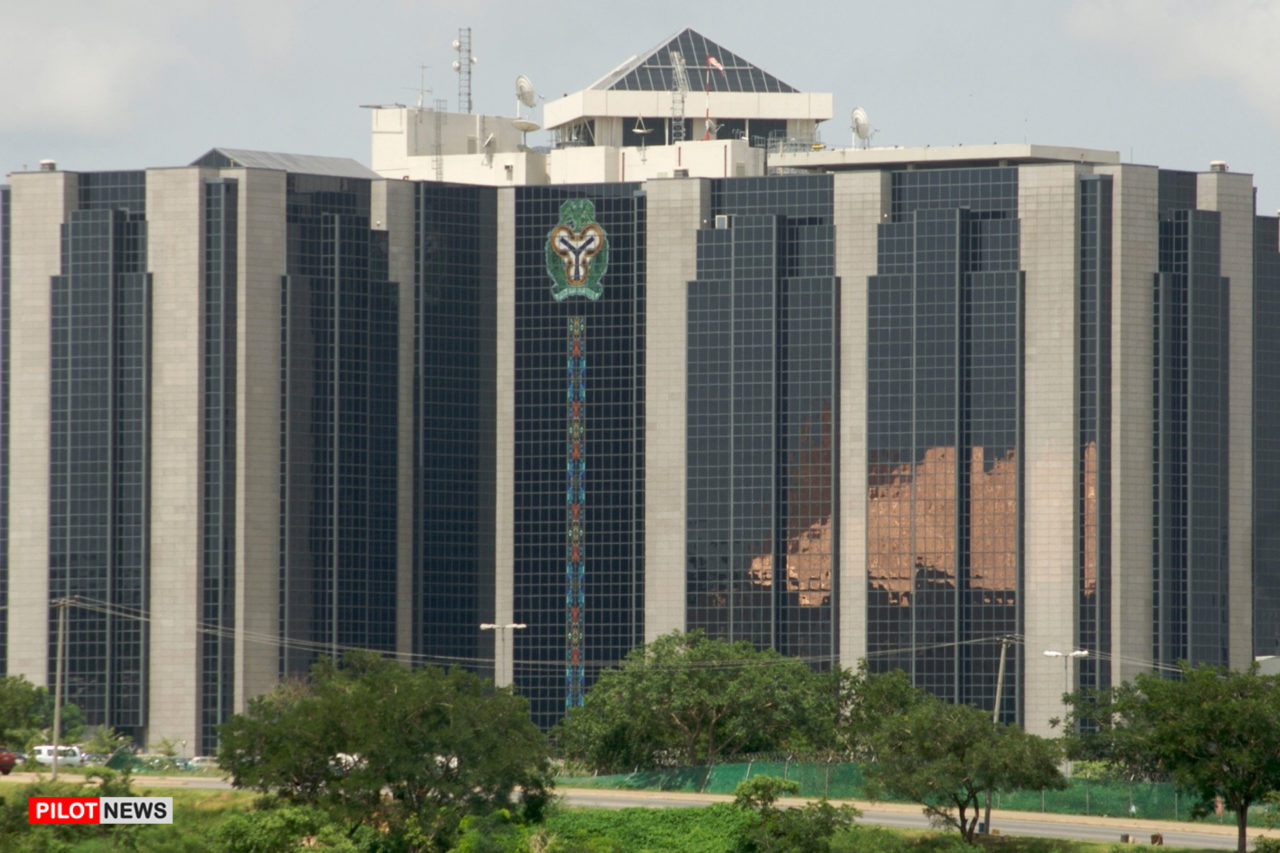…Lists 16 Transactions Exempted from Charge
Nigerian banks are set to implement a new levy on electronic transactions following a directive issued by the Central Bank of Nigeria, CBN, on Monday. This levy, amounting to 0.5% of the transaction value, is specifically designated for cybersecurity purposes.
The CBN circular, addressed to all deposit money banks, non-interest banks, payment service banks, and other financial institutions, cites the recently enacted Cybercrime (Prohibition, Prevention, etc) (amendment) Act 2024.
Section 44 (2)(a) of the Act mandates this levy, with the collected funds directed towards the National Cybersecurity Fund (NCF) administered by the Office of the National Security Adviser (ONSA).
The implementation of this levy is expected to begin within two weeks of the circular’s issuance. This means Nigerians utilising electronic banking services like transfers, online payments, and mobile money transactions can expect a 0.5% surcharge starting as early as 20th May 2024.
The CBN’s move comes amidst growing concerns about cyber threats targeting the Nigerian financial sector.
The central bank aims to bolster cybersecurity efforts through this levy, potentially funding initiatives like upgrading security infrastructure, enhancing cybercrime prevention measures, and promoting cybersecurity awareness campaigns.
However, some electronic transactions are exempted from this charge.
According to a circular co-signed by the Directors of the CBN’s Payments System Management Department and Financial Policy and Regulation Department, a total of 16 transaction types are exempt from the cybersecurity levy. Here’s a breakdown of these exemptions:
1. Government Transactions: This includes social welfare programs like pension payments.
2. Non-profit Transactions: Donations to registered charities and similar organizations are exempt.
3. Educational Transactions: Payments for tuition fees and other school-related expenses are not subject to the levy.
4. Internal Bank Transfers: Movements within the same bank, including transfers between accounts held by the same customer or transfers to different banks for the same customer, are exempt.
5. Other Exemptions: The list also includes loan disbursements and repayments, salary payments, intra-bank transfers between customers of the same bank, transfers between financial institutions, interbank placements, bank transfers to and from the CBN, inter-branch transfers within a bank, cheque clearing and settlements, Letters of Credit, specific bank recapitalization activities, savings and deposits including those involving long-term investments, and transactions involving banks’ internal accounts.
While the initial announcement sparked concerns about an additional cost burden on electronic transactions, the CBN’s clarification indicates that Nigerians making certain electronic transactions can breathe a sigh of relief.
Nigerians making these exempt transactions can expect no deductions associated with the cybersecurity levy. However, the levy will still apply to all other electronic transactions exceeding the exemption criteria.
Latest posts by By Ezinwanne Onwuka (Senior Reporter) (see all)
- Manchester City Clinch Historic Fourth Straight EPL Title - May 19, 2024
- Nigerian Army Announces Rescue of 386 Kidnapped Victims from Sambisa Forest - May 19, 2024
- Katsina Governor Claims 70% Reduction in Banditry - May 19, 2024
previous
Nigerian Army Reports the Killing of Imo State IPOB/ESN Commander, Ojoto
next


